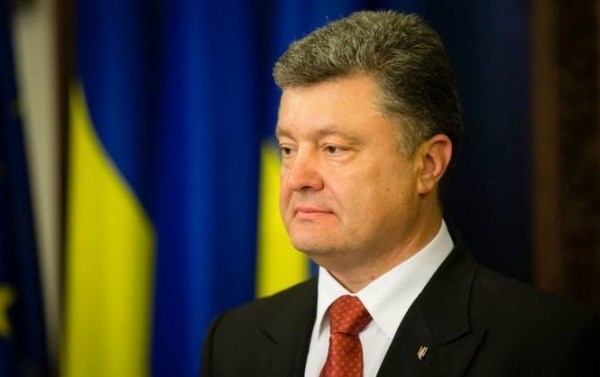Ukrainian President: Ukraine's Naftogaz must have Gazprom’s assets seized if it does not pay according to Stockholm arbitration ruling
If the Russian company Gazprom does not pay Ukraine as per the Stockholm arbitration court’s ruling, Naftogaz Ukraine must have Gazprom’s assets seized, Ukrainian President Petro Poroshenko said during a session of the National Security and Defense Council in Kyiv.
“It effectively means that Gazprom must pay Naftogaz just over two and a half billion dollars… If Gazprom does not pay as per the ruling of the Stockholm arbitration court – which it was supposed to start doing yesterday already – then Naftogaz must have Gazprom’s assets seized throughout the world, especially those that are being used in projects like Nord Stream 2,” Radio Liberty cited Poroshenko as saying.
In December 2017, Naftogaz reported that the Stockholm arbitration court had dismissed Gazprom’s claims that Naftogaz owed $56 billion for 2009-2017 according to the “take or pay” principle. The Ukrainian company also reported that it had managed to reduced the annual volume of gas it is obligated to buy from Gazprom by more than 90%, in accordance with the actual need to import gas.
Gazprom said that the Stockholm court had ordered Naftogaz Ukraine to pay $2 billion in overdue debt, and to “take or pay” for 5 billion cubic meters of gas per year.
On February 28, Naftogaz announced that it had beaten the Russian gas monopoly in the arbitration dispute concerning Gazprom’s under-delivery of gas for transit. According to the court ruling, Gazprom must pay $4.63 billion in compensation for failing to supply the agreed volumes of gas.
Naftogaz said that the arbitration court did not support the company’s demand that the tariff transit be revised, because the revision request submitted by Naftogaz in 2009 did not meet the procedural requirements.
Gazprom also said that it does not agree with the ruling of the Stockholm arbitration court, stating that “at the end of such a verdict, an imbalance has emerged in relations with Naftogaz with respect to the supply and transit of gas”.
